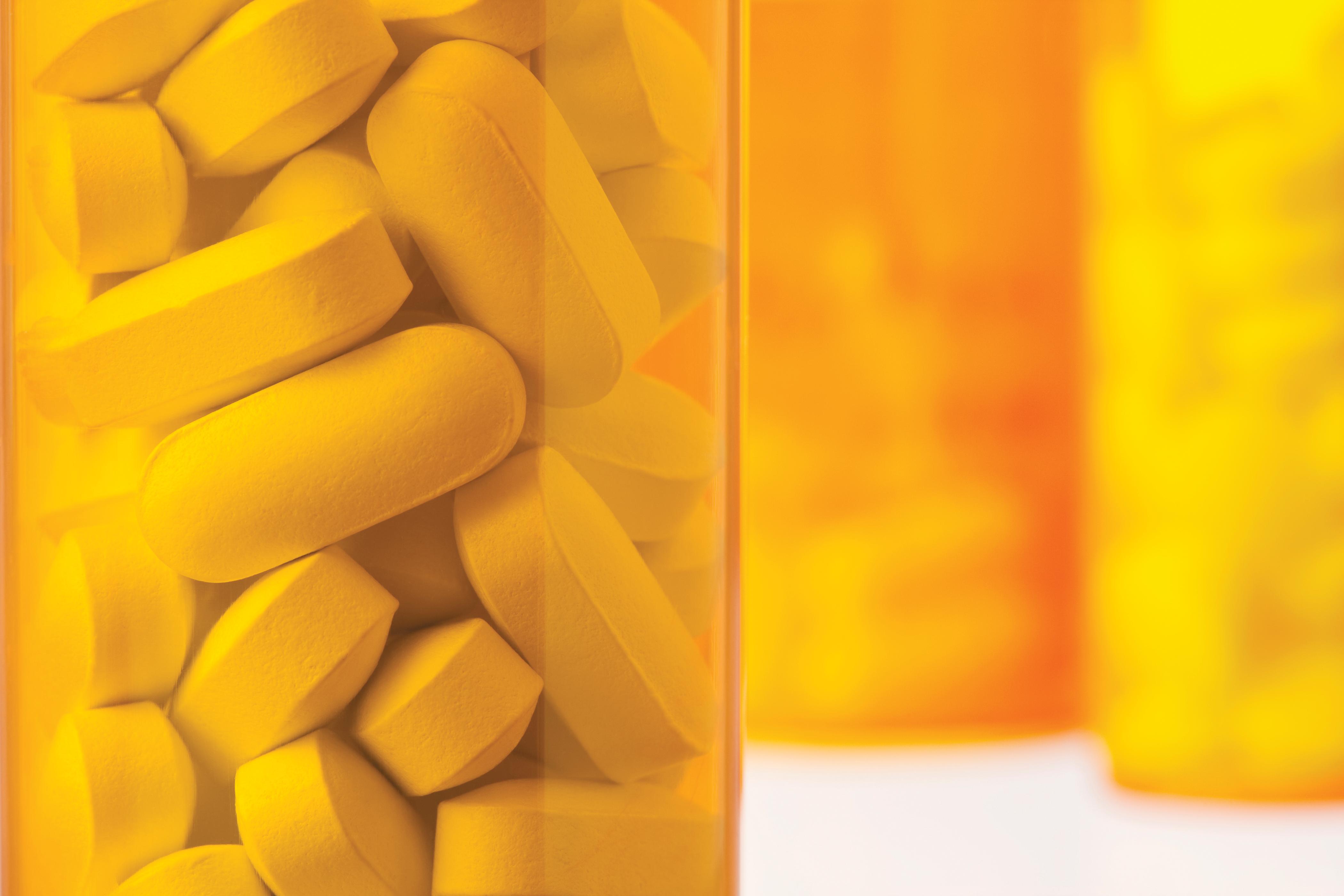When you ingest a drug—whether over-the-counter Tylenol or medication prescribed by a doctor—your liver is your body’s first responder. And just like other first responders, sometimes the liver gets hurt. Doctors used to make patients with drug-induced liver injury stop taking all their medications until the liver healed, but this could be dangerous. Now, researchers report in two recent papers that people with diabetes, hypertension and depression might be able to continue taking life saving medications even while they heal from drug-induced liver injuries.
Drug-induced liver injury, when a person accidentally harms their liver by taking medications prescribed by a doctor (or occasionally over the counter drugs), affects about 40,000 people in the US every year, and almost 1 million people globally.
“Doctors give patients drugs to treat diseases. No one wants their liver damaged, but it happens all the time,” says UConn pharmacologist and toxicologist Xiaobo Zhong. When a person takes a medication by mouth, it goes into their stomach and then to the intestines, where it is absorbed into the blood. This blood, in turn, passes first through the liver before reaching the rest of the body. The liver has enzymes that break down medicines. But different people naturally have more or less of these enzymes. Sometimes, what could be a safe and effective dose in one person is too much for someone else who has different enzyme levels. This is why some individuals are more vulnerable to liver damage, even when taking drugs just as a doctor prescribed.
There is no standard guidance for doctors when a patient gets drug-induced liver damage. Often times they tell the person to stop taking all medications immediately and wait for their liver to recover. But that can take weeks or months.
“But if patients have chronic conditions such diabetes, hypertension, or depression, their conditions can run out of control,” if they stop taking the medications, Zhong says. And that can be life threatening.
Zhong, together with UConn toxicologist José Manautou, graduate student Yifan Bao, and colleagues at University of Michigan, University of Pittsburgh, and Zengzhou University in Henan, China, tested whether mice whose livers had been damaged by acetaminophen (the active ingredient in Tylenol) had lower levels of drug metabolizing enzymes, called cytochrome P450 enzymes. They published their results on February 24 in Drug Metabolism and Disposition.
“Accidental drug-induced liver damage from acetaminophen misuse is more common than people think, despite the efforts by the Food and Drug Administration to inform the public of this potential danger,” says Manautou. Acetaminophen toxicity involves certain P450 enzymes that the liver uses to process many other medicines, including those for diabetes, hypertension and depression.
Levels of P450 enzymes vary a lot from person to person. The team recently published another paper looking at P450 enzymes, this one in Molecular Pharmacology with graduate student Liming Chen as lead author. That paper found that the way a cell regulates specific P450 enzymes made mice more or less susceptible to liver damage from acetaminophen.
In the more recent paper in Drug Metabolism and Disposition, the team shows that levels of some P450 enzymes drop when the liver is damaged. That leaves people more susceptible to harms from drugs broken down by these enzymes. Now the researchers are investigating whether mice with drug-induced liver damage can safely take medications for diabetes, hypertension and depression. It looks like they can, as long as the doses are much smaller than normal. Because the damaged liver does not break down the medications as efficiently, they are just as effective at these lower doses.
The team still has to test whether these results hold in humans. They are currently looking to collaborate with local emergency room doctors who see many patients with drug-induced liver damage to better understand how their studies in rodents translate to humans.
The research was funded by the National Institutes of Health (NIH) National Institute of General Medical Sciences, National Institute of Allergy and Infectious Diseases, and National Heart, Lung and Blood Institute. It also received support from the Institute for Systems Genomics at UConn and from the China Scholarship Council.



